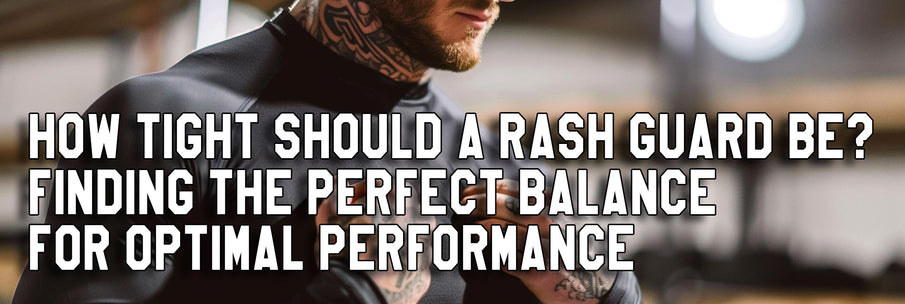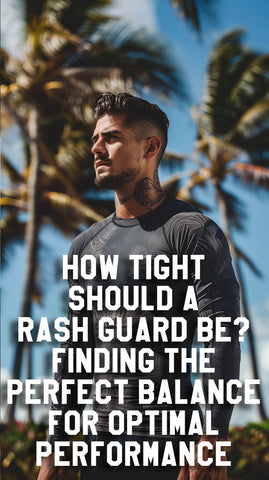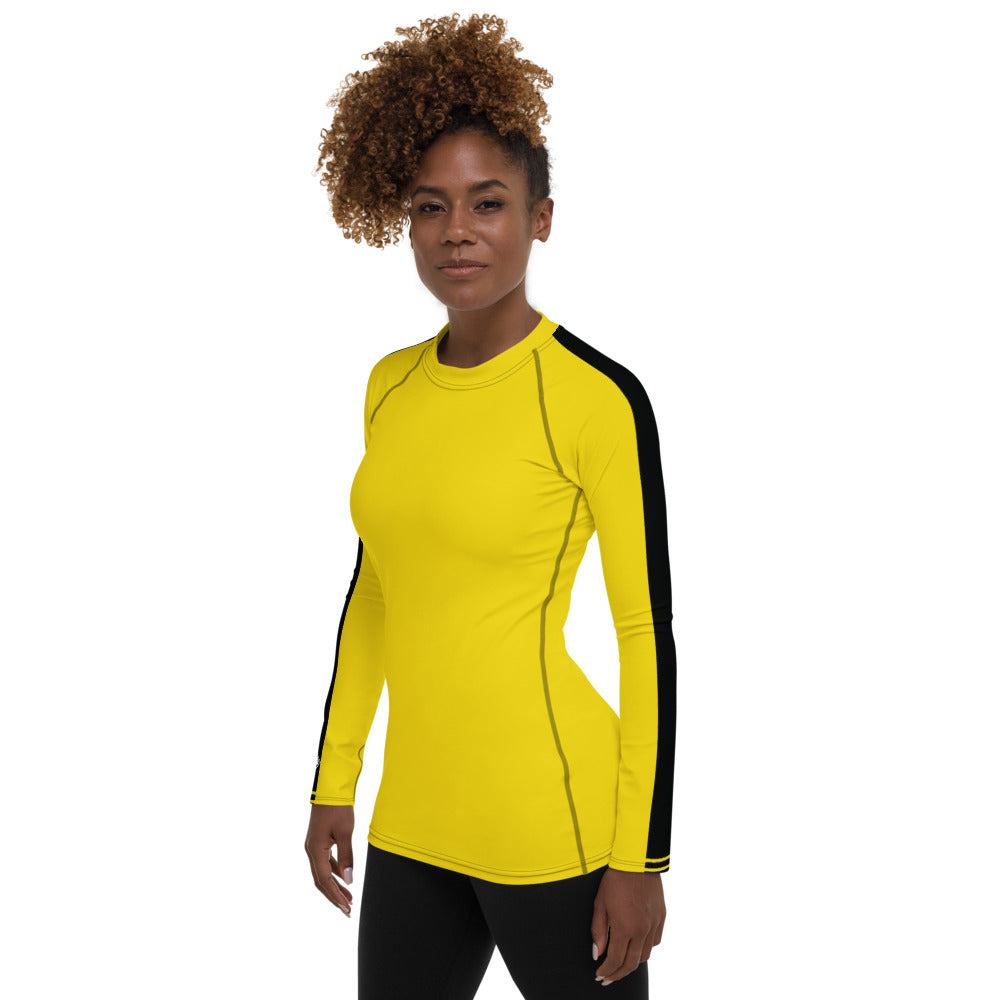How Tight Should a Rash Guard Be? Finding the Perfect Balance for Optimal Performance
When it comes to choosing the right gear for your training sessions, the fit of your rash guard plays a significant role in your comfort and performance. But how tight should a rash guard be? This guide will help you navigate the fine line between a snug fit and a constricting one, ensuring that you make the right choice for your training needs.
The Importance of the Right Fit:
A rash guard serves as a second skin during your training sessions, offering protection, moisture-wicking, and muscle support. The fit impacts various aspects of your performance:
-
Mobility: A well-fitting rash guard allows for a full range of motion during techniques, rolls, and drills.
-
Comfort: Comfort is paramount during training. A rash guard that's too tight can lead to discomfort, chafing, and distraction.
-
Muscle Support: Many rash guards offer compression properties that support muscles and enhance blood circulation.
The Goldilocks Principle: Not Too Loose, Not Too Tight:
A rash guard should fit snugly against your skin without being overly tight. Think of it as the "Goldilocks" principle – not too loose, not too tight, but just right.
Sleeve Length and Arm Mobility:
The sleeves should reach the wrist without restricting your arm movement. You should be able to move your arms freely without feeling constricted.
Neckline and Comfort:
The neckline should be comfortable without feeling tight around your neck. It should stay in place without causing discomfort during training.
Torso Fit and Compression:
The torso fit should be snug, contouring to your body shape. Many athletes prefer a bit of compression to support muscles and enhance blood circulation, but it shouldn't be so tight that it affects your breathing or restricts movement.
Trying It On:
Whenever possible, try the rash guard on before purchasing. Move around, simulate BJJ movements, and assess how it feels during various positions and actions.
Consider Your Intensity:
The intensity of your training may influence your preference for the tightness of the rash guard. Some athletes prefer a slightly looser fit for drills and technique practice, while others may opt for a tighter fit during intense rolling sessions.
Conclusion: Finding Your Balance:
Ultimately, the perfect tightness of a rash guard is a personal preference that strikes a balance between comfort, mobility, and muscle support. A rash guard should hug your body without hindering your movements or causing discomfort. Keep in mind that different brands and materials may fit differently, so refer to size charts and try on rash guards if possible. With the right fit, you'll be able to train with confidence, focusing on your techniques and performance without any distractions.
More Information
| Long and Short Sleeve Fitting Chart | |||||||||
| S | M | L | XL | XXL | XXXL | XXXXL | |||
| 160cm 5'2" |
165cm 5'4" |
170cm 5'5" |
175cm 5'7" |
180cm 5'9" |
185cm 6'0" |
190cm 6'3" |
195cm 6'5" |
200cm 6'7" |
|
| 55kg 121lbs |
|||||||||
| 60kg 132lbs |
|||||||||
| 65kg 143lbs |
|||||||||
| 70kg 154lbs |
|||||||||
| 75kg 165lbs |
|||||||||
| 80kg 176lbs |
|||||||||
| 85kg 187lbs |
|||||||||
| 90kg 198lbs |
|||||||||
| 95kg 209lbs |
|||||||||
| 100kg 220lbs |
|||||||||
| 105kg 231lbs |
|||||||||
| 110kg 242lbs |
|||||||||
| 115kg 253lbs |
|||||||||




